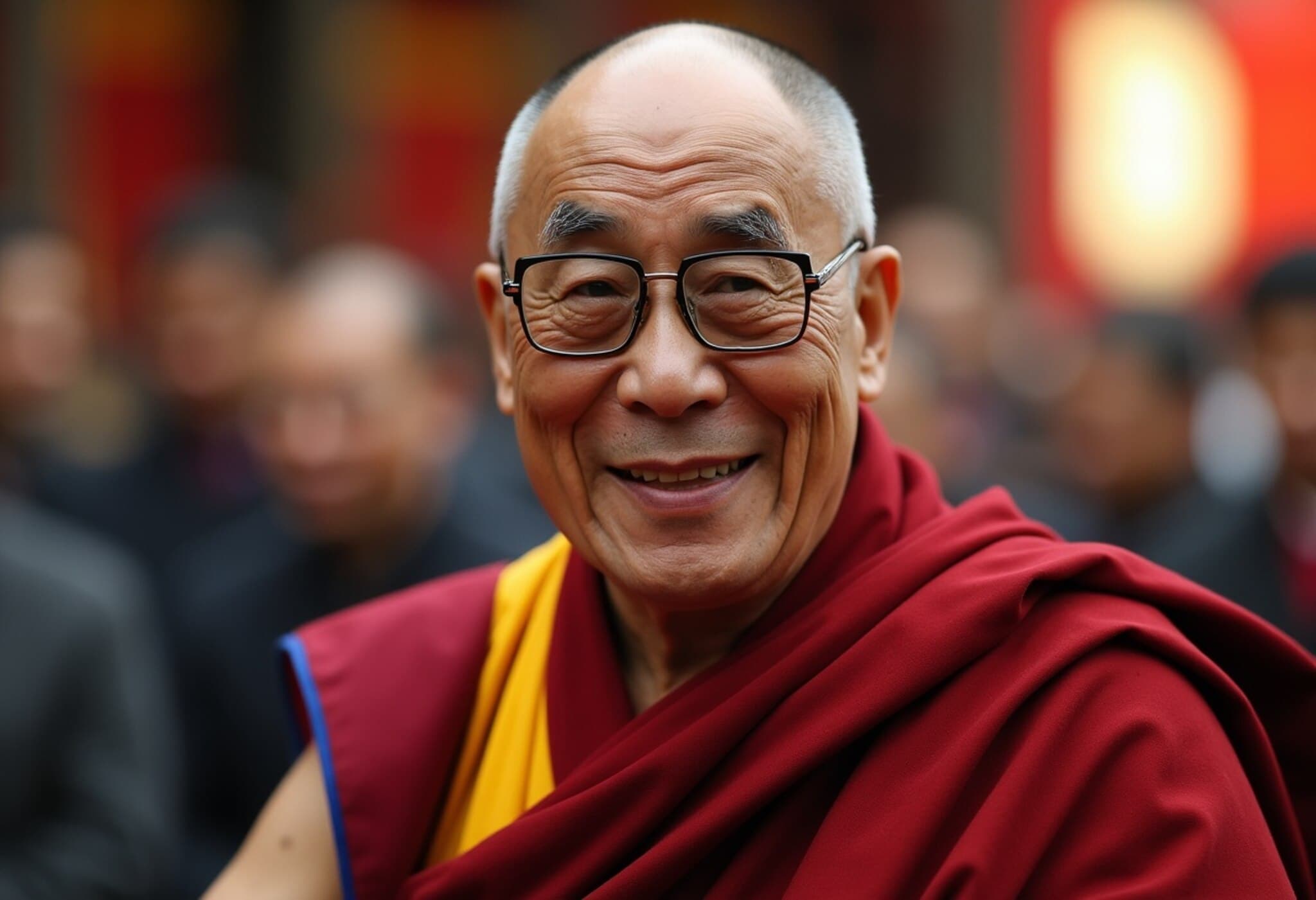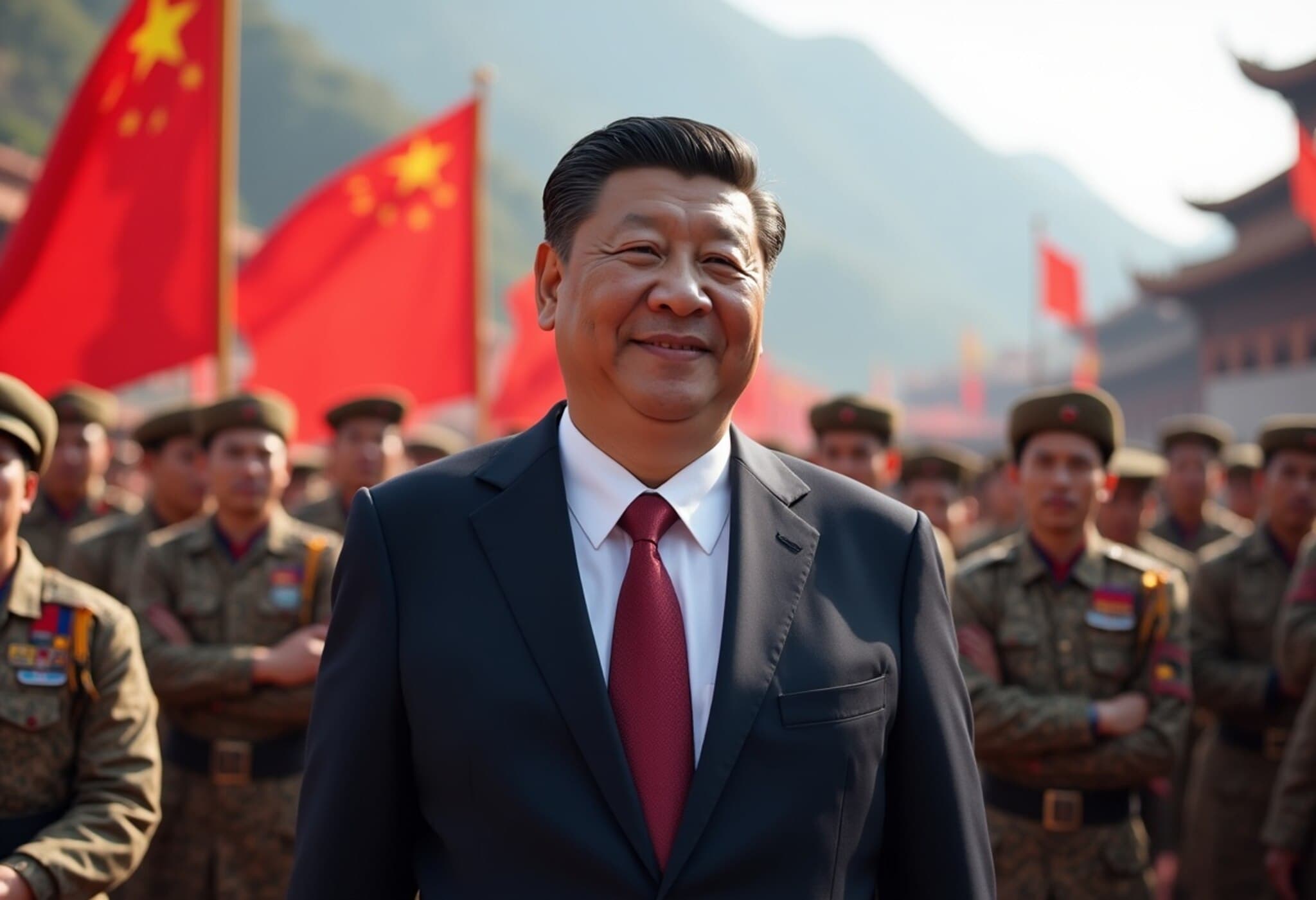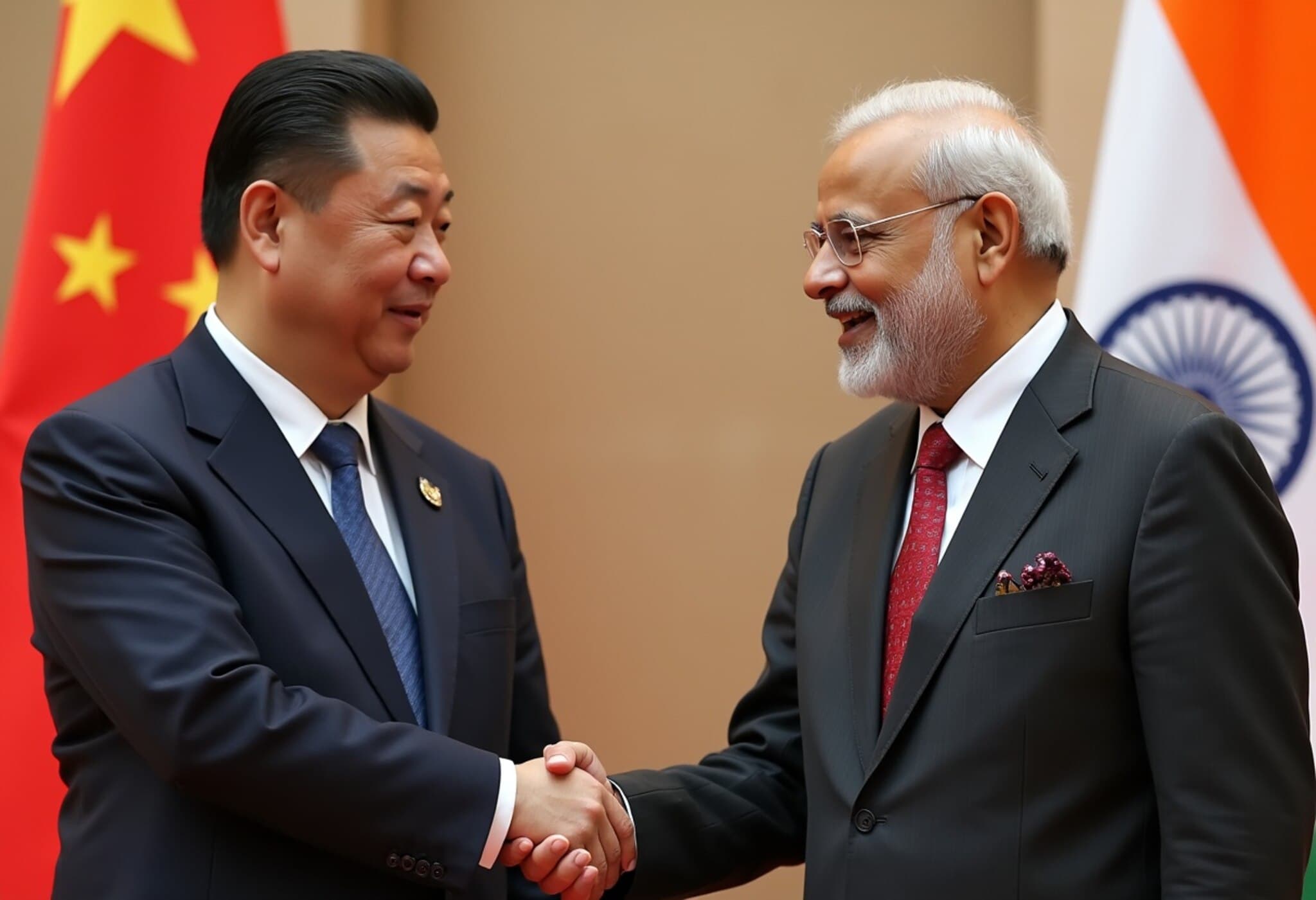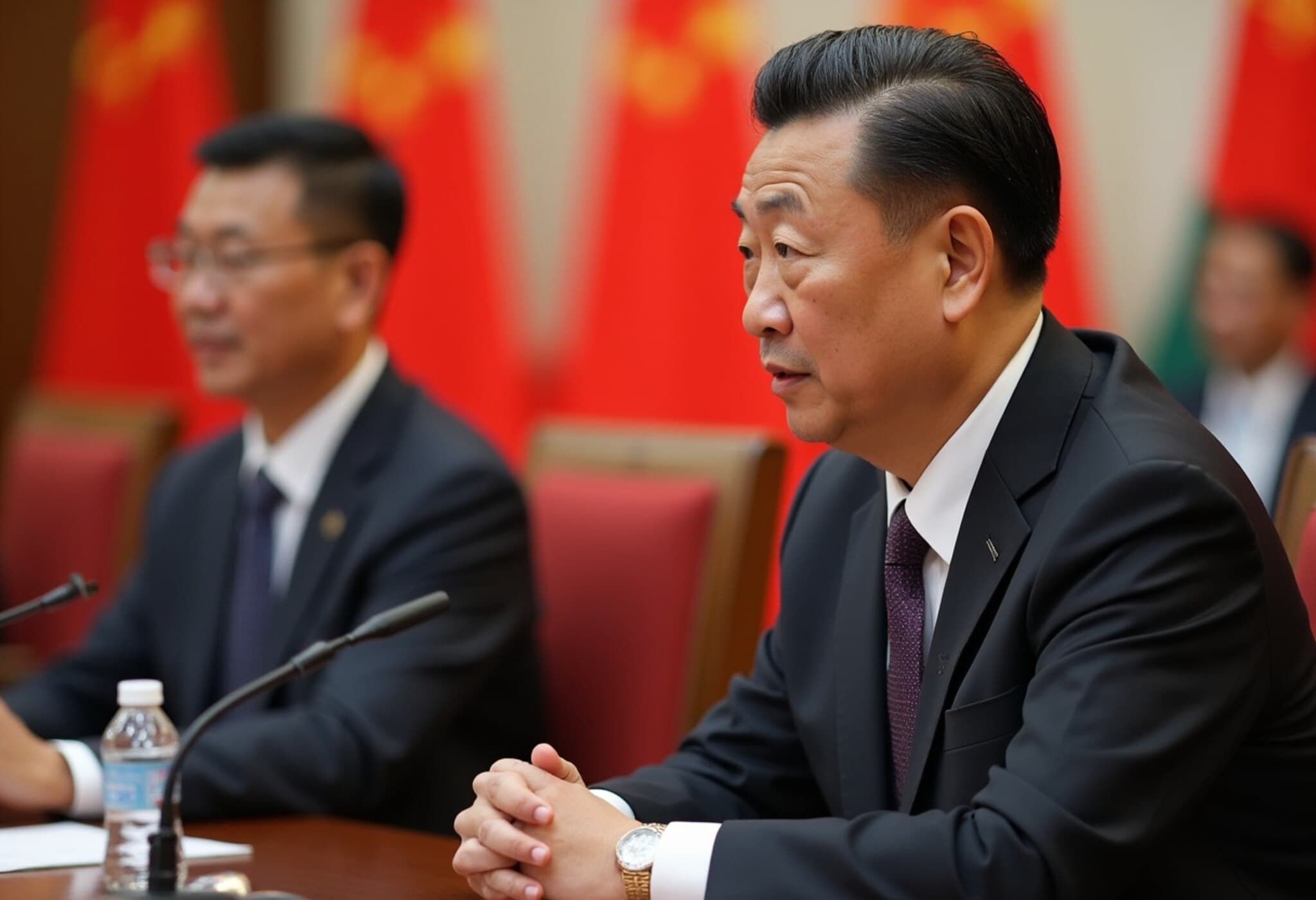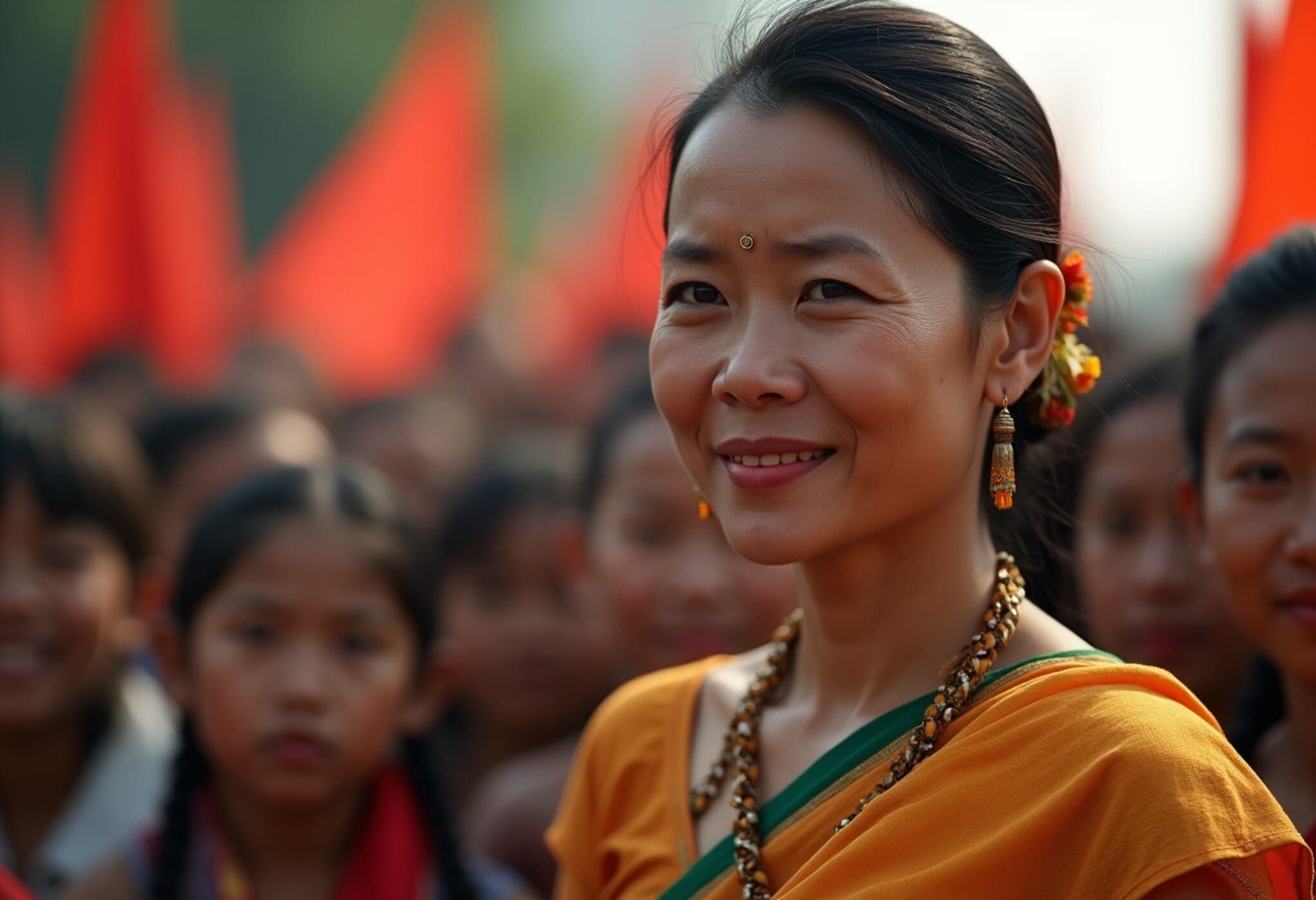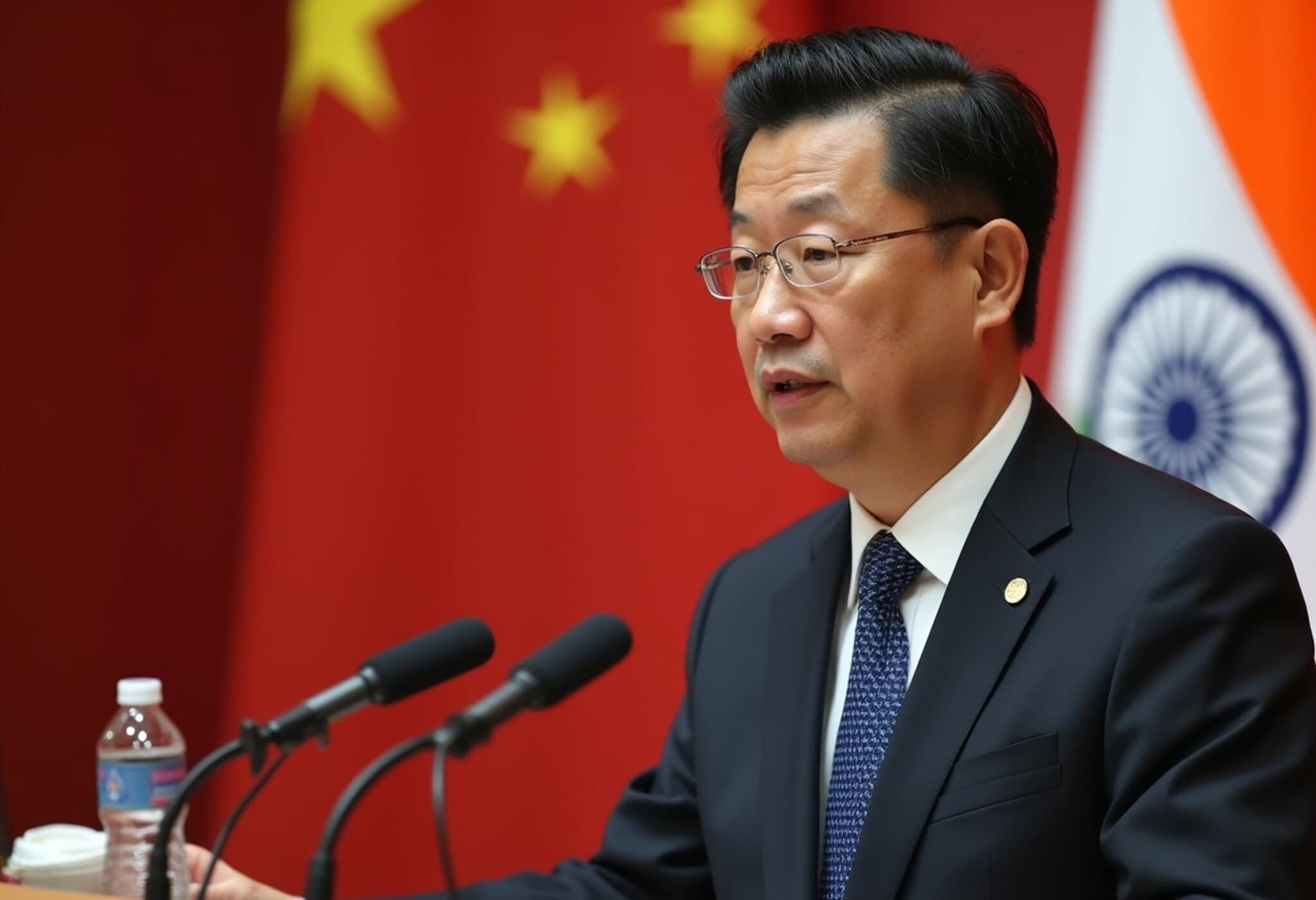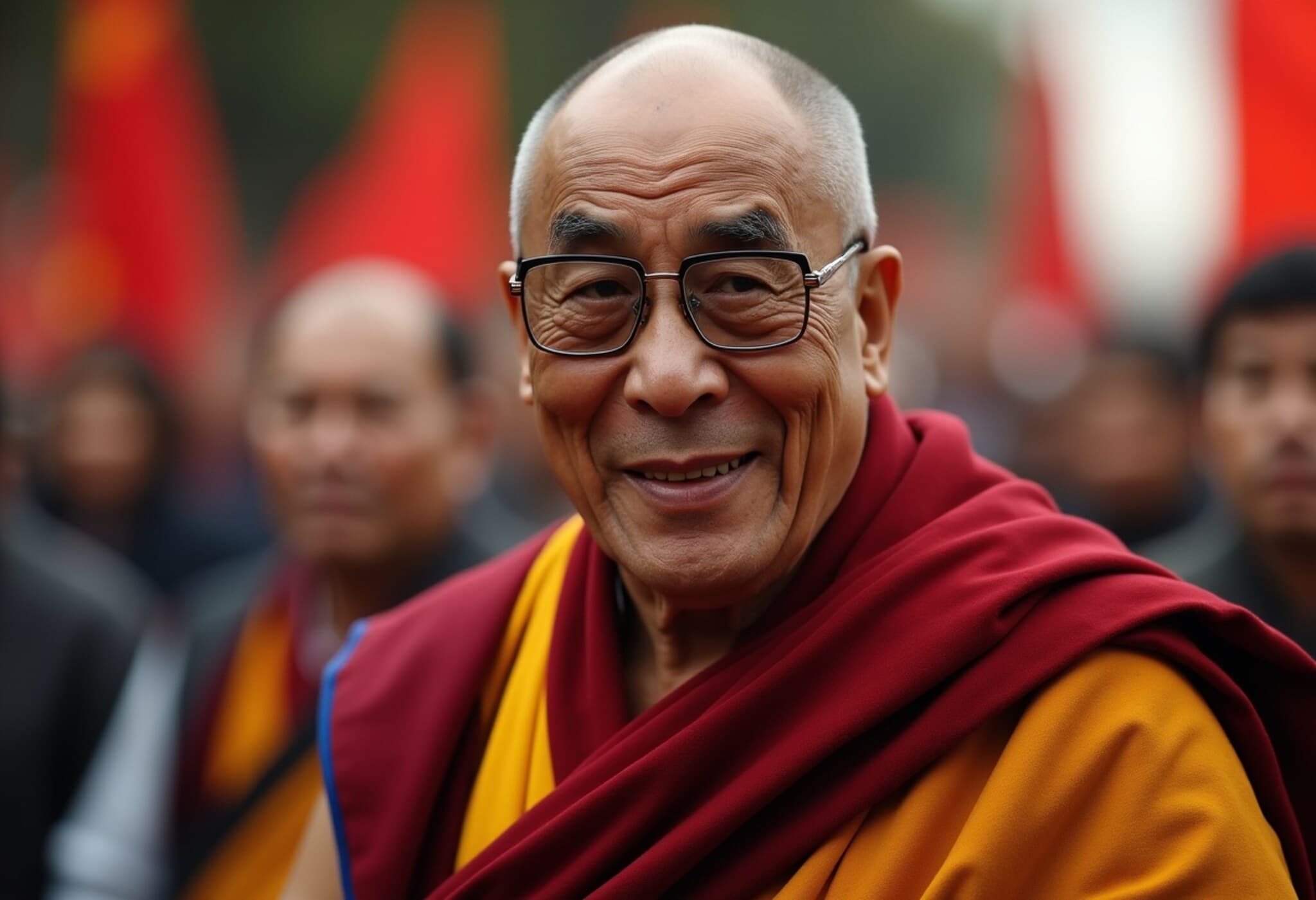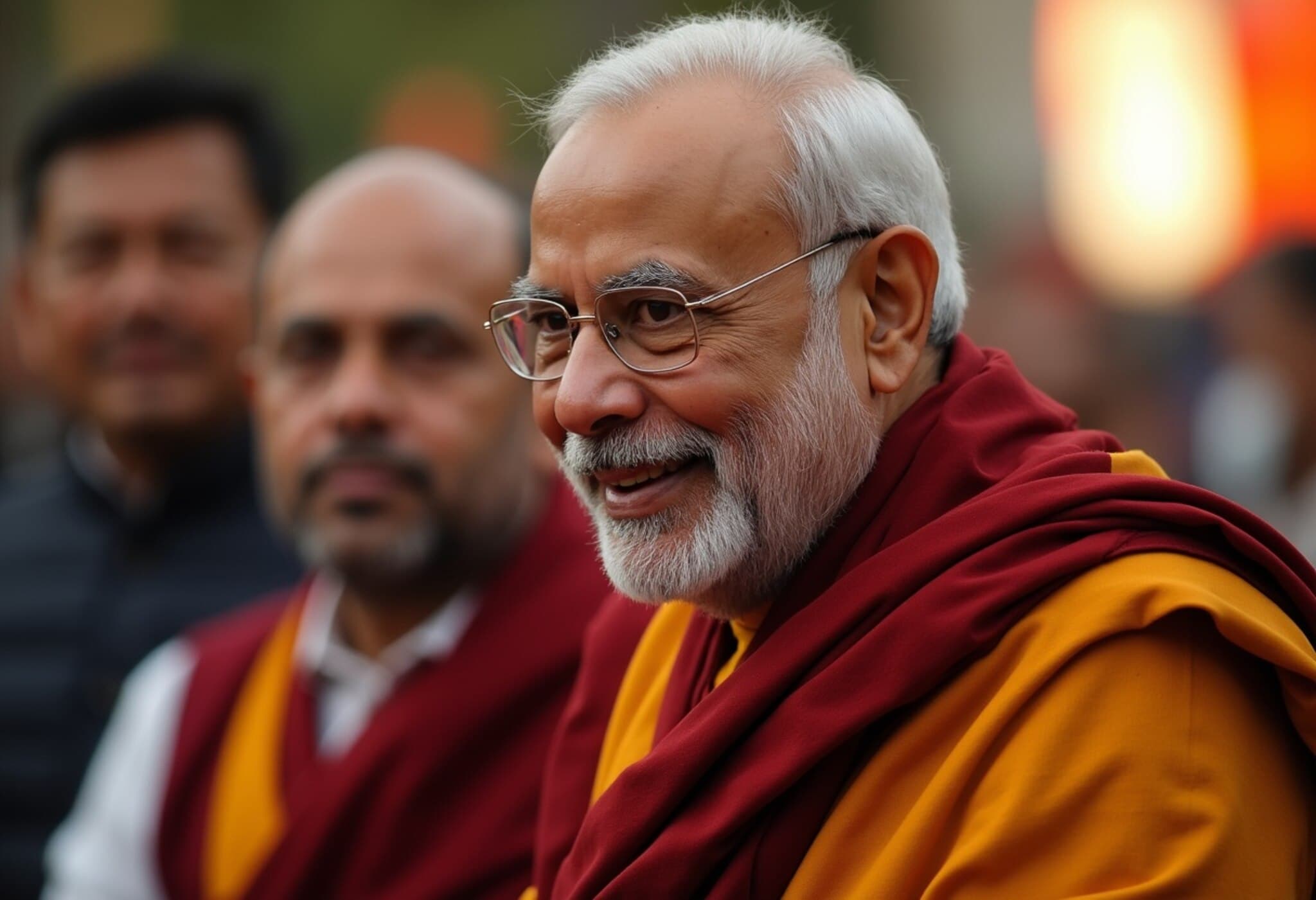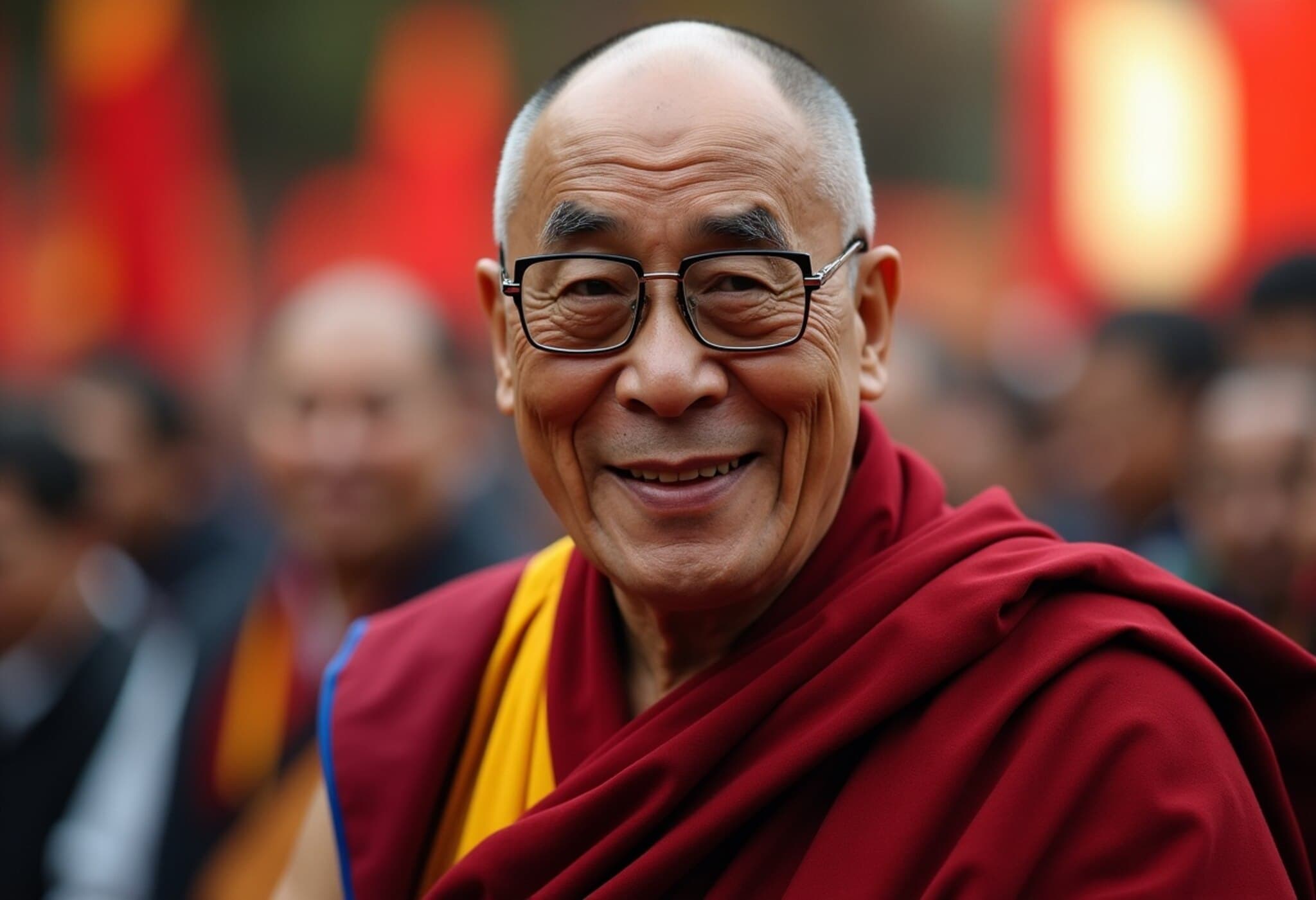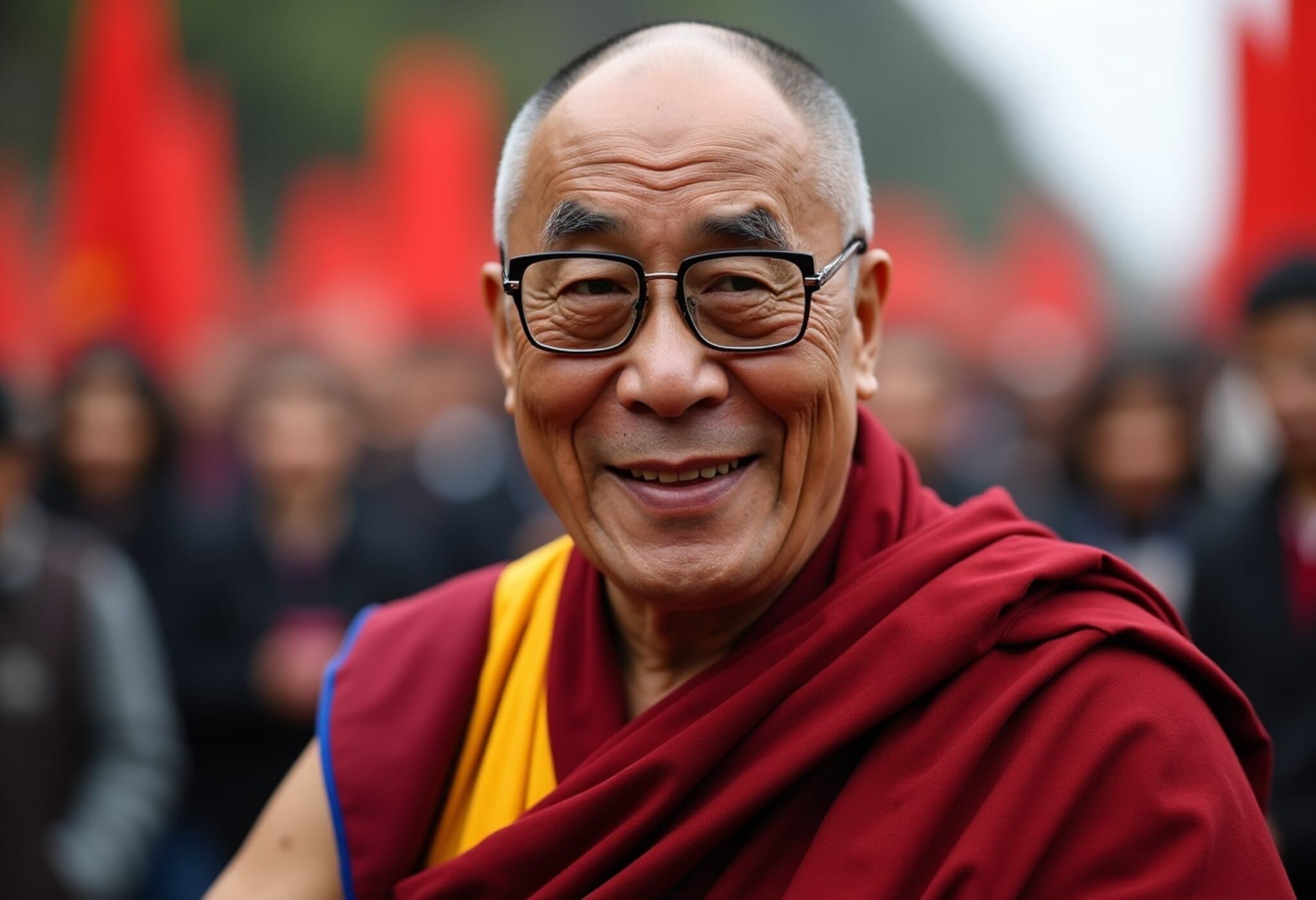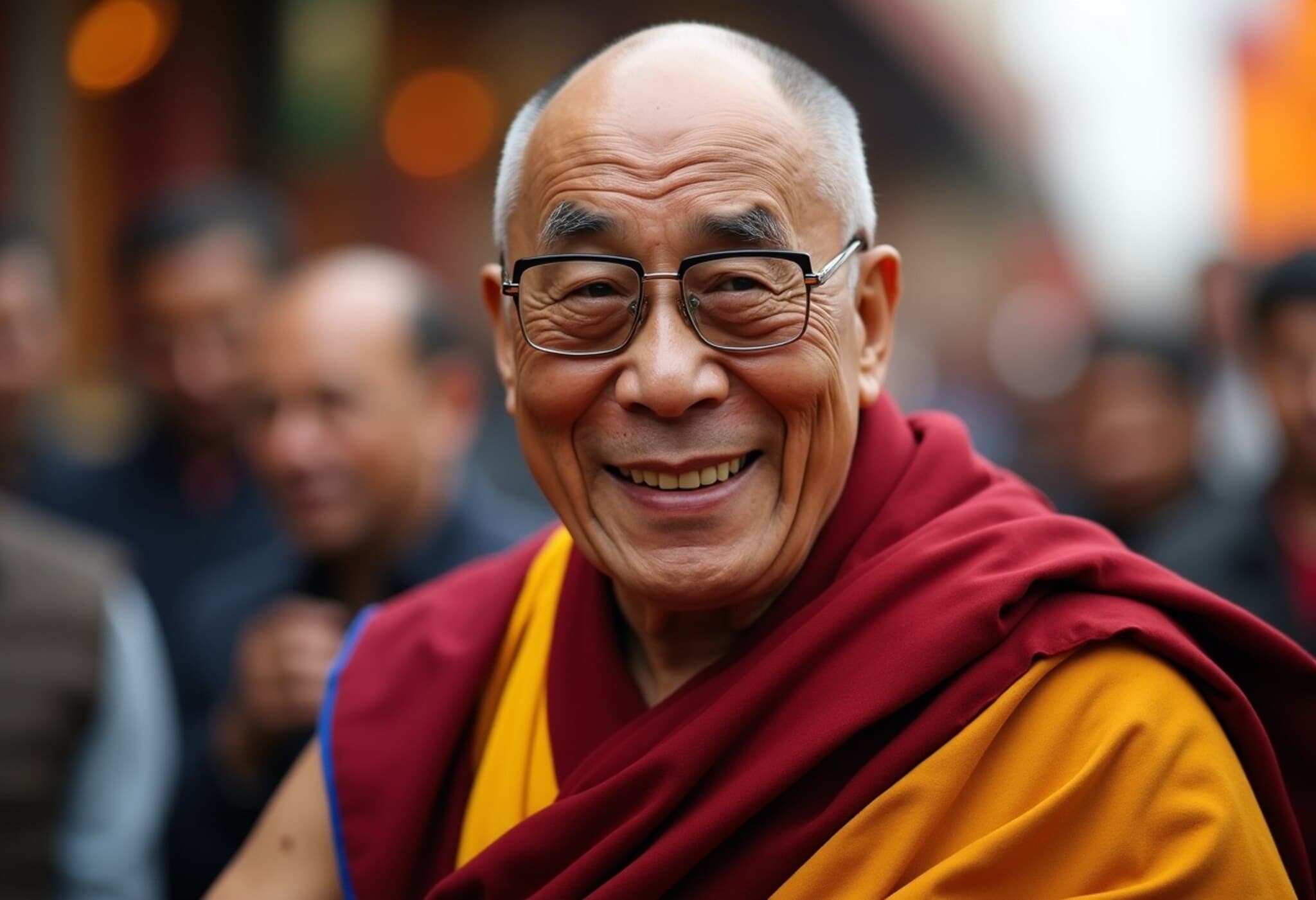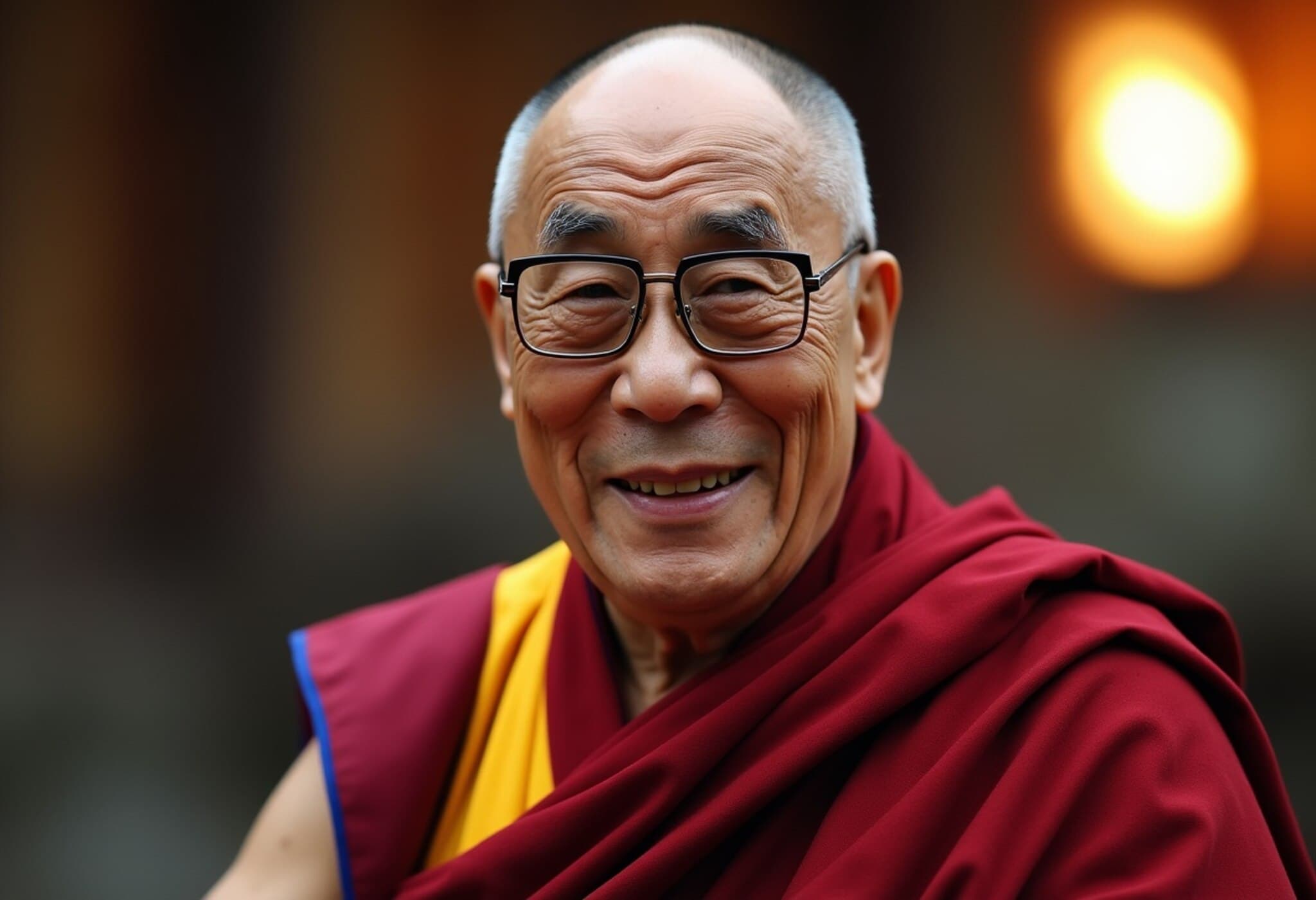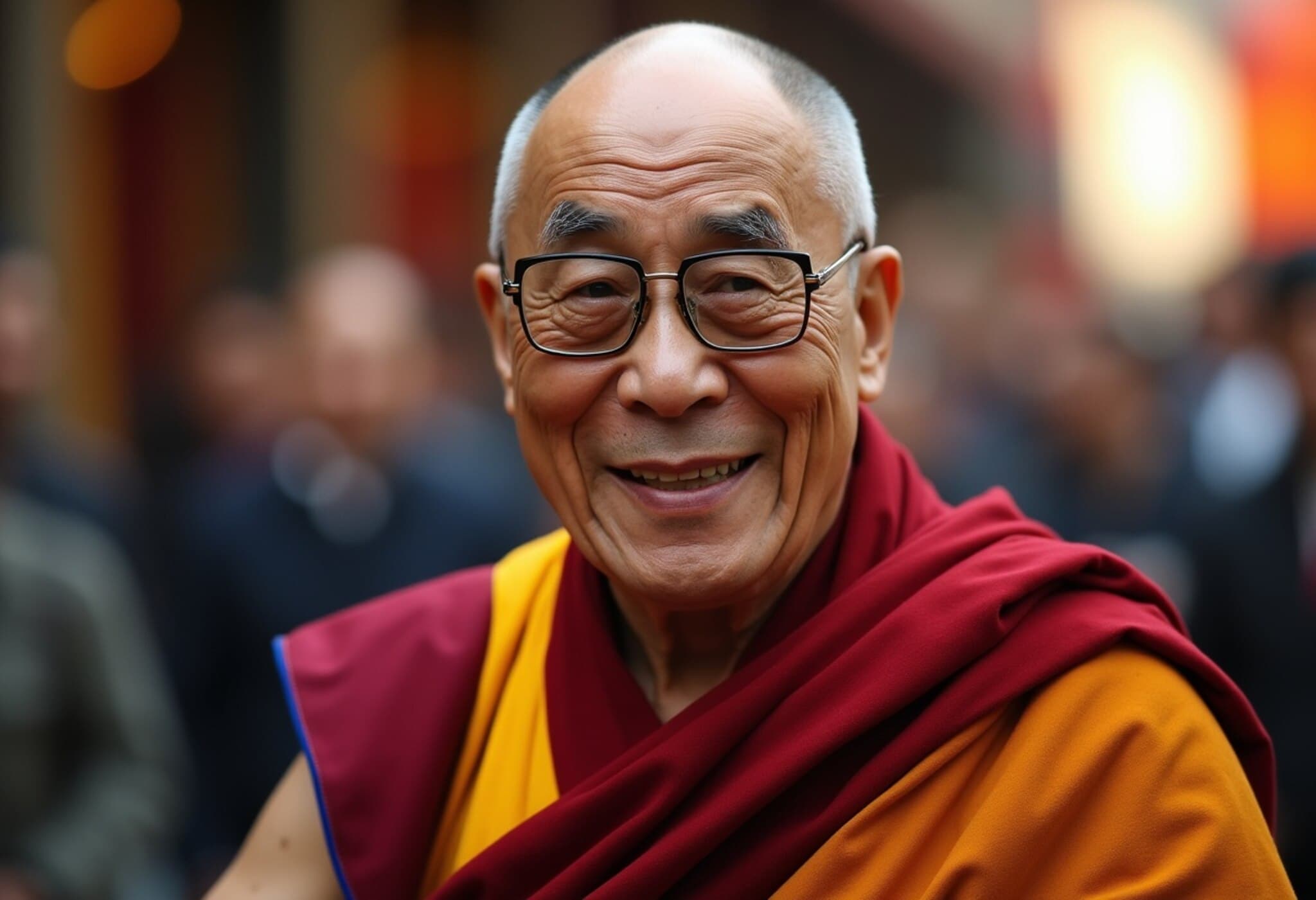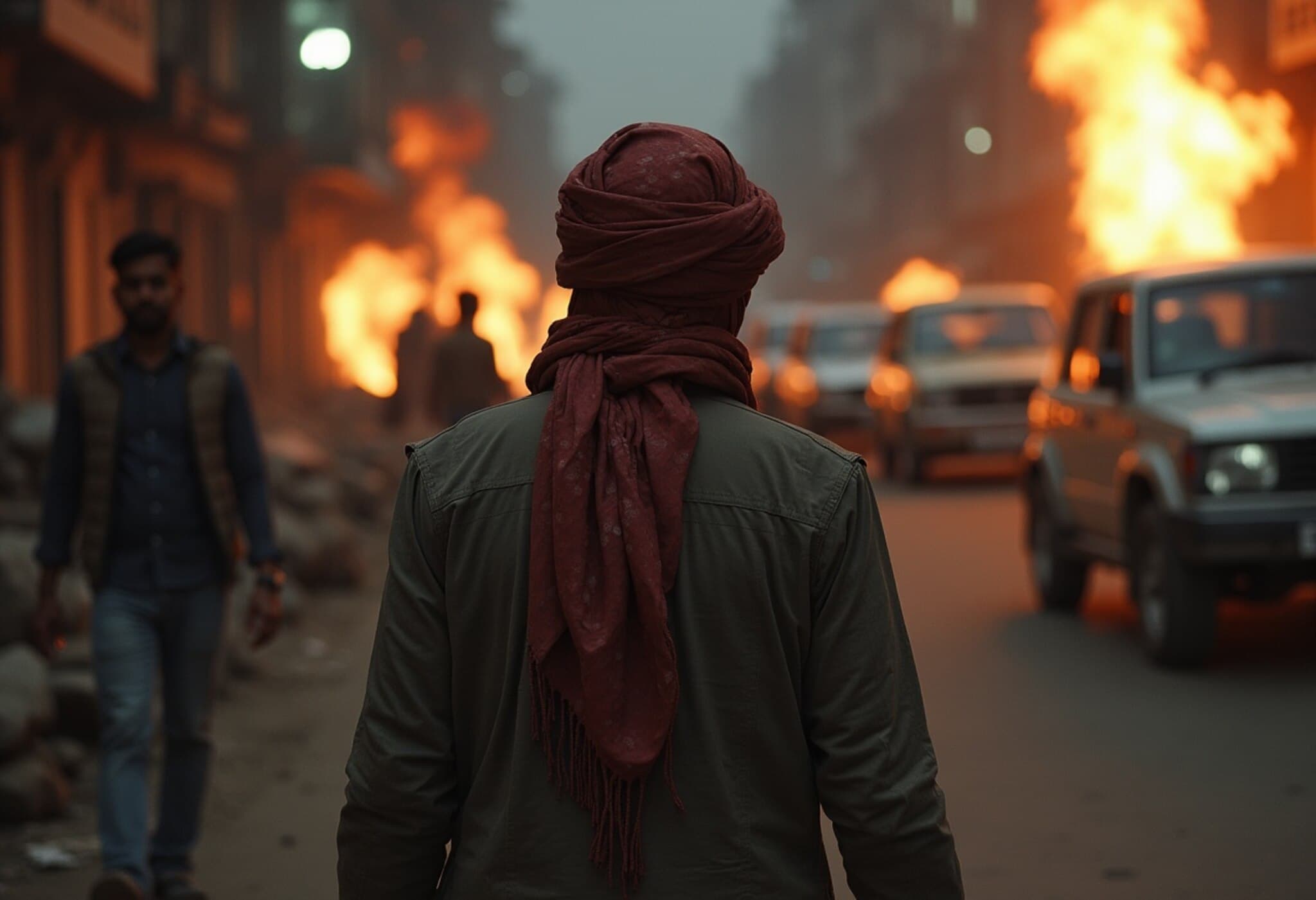Chinese Envoy Challenges Dalai Lama’s Authority Over Reincarnation
As the world marked the 90th birthday of the 14th Dalai Lama, a fresh wave of debate erupted over the succession of Tibet’s spiritual leader — a centuries-old tradition embedded deeply in Tibetan Buddhism. In a rare and direct confrontation, China’s Ambassador to India, Xu Feihong, used social media to rebuff the Dalai Lama’s recent declarations concerning his reincarnation and succession plan.
The Dalai Lama’s Succession Plan: A Break from Beijing’s Control
During a significant gathering of Tibetan Buddhist leaders in Dharamshala, India—home to the Tibetan Government-in-Exile—the Dalai Lama emphasized that the decision on his reincarnation would rest not with the Chinese government but with a trusted, independent body. He unequivocally stated his belief that he would be reincarnated and outlined a process involving consultations with spiritual leaders and Tibetan officials outside of Beijing’s influence.
This announcement is notable as it directly challenges the Chinese government’s claim to oversee and approve the reincarnation of Tibetan lamas, a policy Beijing enforced through laws passed in Tibet in 2007. The Dalai Lama’s move aims to preserve the spiritual and cultural independence of Tibetan Buddhism, a tradition under strain since China’s annexation of Tibet in 1950.
China’s Response: Defending State Control Over Tibetan Buddhism
Reacting swiftly, Ambassador Xu Feihong took to X (formerly Twitter) to assert that reincarnation is a tradition far older than the current Dalai Lama and that the spiritual leader does not have sole authority over its continuation. He described reincarnation as a distinctive succession tradition spanning over 700 years, involving more than 1,000 living Buddha lineages across Tibetan regions such as Xizang, Sichuan, Yunnan, Gansu, and Qinghai.
Xu emphasized, “The reincarnation of Dalai Lamas neither began from him nor will end due to him,” framing the matter as part of a broad religious heritage under Chinese supervision. His statements underscore Beijing’s long-standing stance that it alone has the legal and political right to approve any reincarnation within Tibetan Buddhism.
Historic and Political Stakes Behind the Clash
This dispute is about more than religious succession—it reflects an intense geopolitical tug-of-war involving Tibetan identity, cultural freedom, and Chinese sovereignty claims. Tibetans in exile and supporters worldwide see the Dalai Lama’s succession plan as a vital safeguard against China’s efforts to control Tibetan spirituality and erode Tibetan cultural heritage.
Moreover, from a broader perspective, this confrontation highlights how religious authority intersects with state power and international diplomacy. The Dalai Lama's insistence on an independent succession process resonates with themes of self-determination and religious freedom enshrined in international human rights discourse—issues that the United States government and global human rights organizations closely monitor in their bilateral relations with China.
What Lies Ahead: The Future of Tibetan Spiritual Leadership
Amid escalating tensions, several critical questions remain unanswered:
- Who will ultimately determine the 15th Dalai Lama’s reincarnation?
- How will this spiritual dispute impact Sino-Indian relations, given Dharamshala’s location in India?
- What role will the international community play in mediating or supporting Tibetan religious autonomy?
The Dalai Lama, revered globally not only as a spiritual leader but also as an advocate for peace, finds himself at the heart of a dispute that encapsulates China’s broader policies on ethnic minorities and religious freedoms. His nuanced approach—that his reincarnation will be identified through consultation rather than unilateral decree—is a critical assertion of Tibetan cultural rights in the face of authoritarian oversight.
Editor’s Note
This developing story extends beyond matters of faith into the realms of cultural preservation, international law, and human rights. The Dalai Lama’s succession saga invites us to reconsider how ancient traditions can survive under modern political pressures and explores the limits of state intervention in spiritual affairs. As Beijing intensifies efforts to control Tibetan Buddhism, the world watches closely: will the next chapter in this historic lineage be defined by spiritual autonomy or state control?

